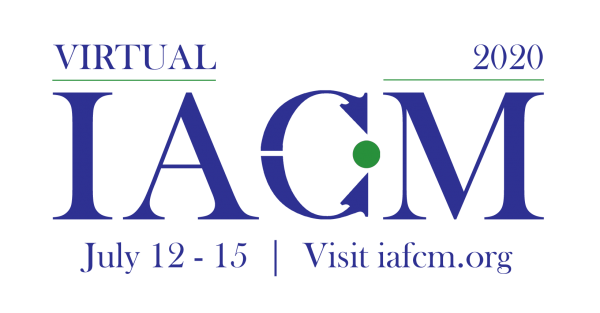Full Program »
Extreme harm demotivates prosocial behavior
Prosocial behavior is a critical feature of human social interactions, but it is unknown whether individuals help more when others face high levels of harm. We report results from a natural experiment combining a unique, massive dataset (including almost 3 million time-stamped prosocial behaviors by over 19 thousand volunteers) with exogenous shocks that created high levels of harm: all major hurricanes that hit the U.S. during 2015-2018. We show that prosocial behavior actually decreases when others face extreme harm. This result is inconsistent with both normative theories and lay beliefs regarding prosocial behavior, which both predict the opposite. However, it is consistent with an alternative theory in which people are averse to helping others when extreme harm makes the situation feel like a “lost cause.”
